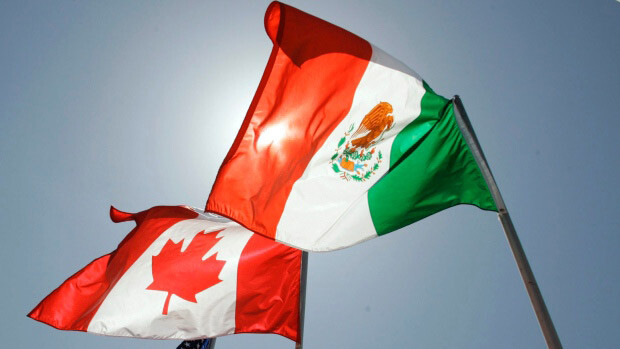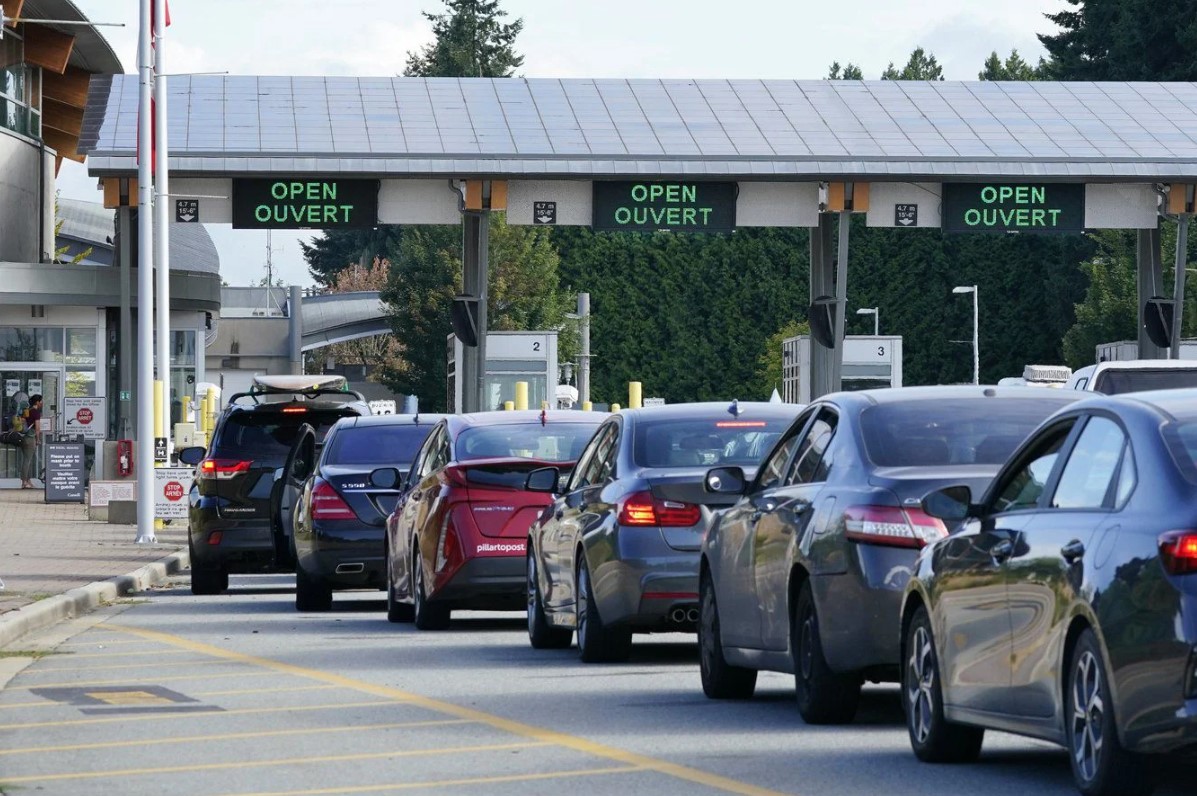


Canada has imposed additional travel restrictions on Mexican tourists in response to growing concerns about asylum seekers. By taking these steps, Canada and Mexico hope to maintain their long-standing beneficial relationship while simultaneously tackling issues with the immigration system.
Mexican nationals made over 17% of all asylum claims worldwide in 2023, a record high. 60% or more of these claims were eventually dropped or denied.
The spike in asylum requests was accompanied by strains on Canada's social services, housing market, and immigration framework. Consequently, to preserve the integrity of its immigration laws, the Canadian government has taken steps to control the influx of asylum claimants.
New travel regulations for Mexican nationals flying to Canada have gone into effect as of February 29, 2024, at 11:30 p.m. Eastern time. These laws attempt to maintain the freedom of movement for Mexican nationals who want to go to or work in Canada while addressing the surge in asylum petitions.
Mexican nationals can apply for electronic travel authorization (eTA) if they are travelling with a valid non-immigrant US visa or a valid Canadian visa that was obtained within the last ten years. The purpose of this expedited procedure is to make travel easier for the vast majority of Mexican nationals who already possess US visas.

Those who don't fit the requirements, nevertheless, need to apply for a visiting visa to Canada before they can travel there.
Moreover, Mexican nationals wishing to apply for work or study permits must follow the same procedures. The Seasonal Agricultural Worker Programme (SAWP) is one of the several avenues that Mexican workers can still use to contribute to Canada's agricultural industry.
Canada is still dedicated to upholding solid bilateral ties with Mexico and encouraging continued travel, tourism, and trade between the two nations.
To benefit workers and companies on both sides of the Canada-Mexico border, efforts will be made to modernise immigration programmes such as the SAWP to fortify immigration paths and manage migration processes.
To maintain the integrity and long-term viability of its immigration and refugee systems, Canada may make changes as it assesses the effects of its visa regulations and patterns in asylum claims. Visit the Immigration, Refugees and Citizenship Canada (IRCC) website for further details on these changes, including transit plans and future flights.
By enacting these travel restrictions, the Canadian government is taking the initiative to address the concerns of asylum seekers and promote ongoing collaboration and engagement with Mexico.
Yes, as long as their eTAs are still valid, Mexican nationals holding valid work or study visas are permitted to continue flying to Canada. Continually studying or working in Canada is also an option, according to the terms and conditions of their licences.
Even though certain travellers may be impacted by the rules, Canada is nonetheless committed to promoting travel, tourism, and business with Mexico. To benefit both countries, efforts will be up to improve immigration routes and manage migration processes.